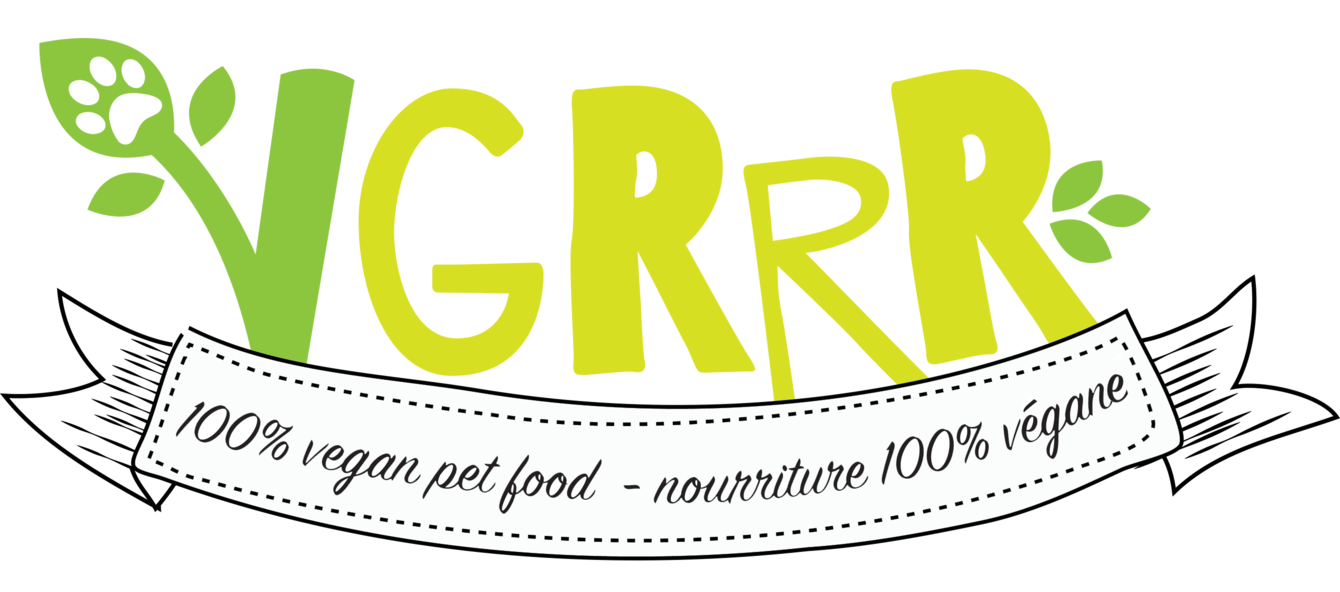
I’ve been researching plant-based nutrition for cats and dogs for years, and I know how stressful it can feel when you’re piecing together advice. Unless you have access to a plant-based veterinary nutritionist, you end up relying on books like Obligate Carnivore, insights from influencers, and conversations with other pet guardians. It’s valuable but it can also leave you feeling more anxious than confident. One concern that always seems to come up is urine pH.
The idea goes like this: plant-based diets make a cat’s urine “too alkaline,” which could increase the risk of urinary crystals or blockages. It’s a valid concern to investigate but the more I’ve read, tested, and discussed with others, the more I’ve seen that it may be overblown.
A Community Example That Got Me Thinking
Recently, someone shared their experience in our vegan cat community:
“I believe the concern of cat urine being alkaline with vegan diets is overblown. I’ve had my cats on vegan kibble for several months, a mix of Ami Cat, Benevo, and Evolution Diet. I tested my cat’s urine and it was normal, slightly under 6.5 pH. Please be careful about adding acidifiers unnecessarily.”
That result, just under 6.5 is exactly where most vets want feline urine to be.
And it’s not just a one-off. Studies back this up.

Study 1 - It’s Not Just Plant Proteins
In a 2005 study published in the Canadian Journal of Veterinary Research, Funaba et al. compared meat meal, chicken meal, and corn gluten meal in dry cat food (1).
They found:
-
Cats fed corn gluten meal (a plant protein) had higher urine pH than meat meal.
-
But cats fed chicken meal (animal protein) also had elevated urine pH similar to corn gluten.
This was a lightbulb moment for me: alkaline urine isn’t just a “vegan thing.” Even meat-based diets depending on the formulation can cause it.
Study 2 - Well-Formulated Vegan Diets Work
Another study, published in 2004 in the Journal of the American Veterinary Medical Association by Gray et al., tested two commercial vegan cat diets. They found cats maintained urine pH within the healthy acidic range, no acidifiers added. (2)
Intresting details:
- 32 cats fed vegetarian diets and 52 cats fed conventional meat-based diets.
- Of the 17 vegetarian-fed cats whose urine was tested, none had urinary pH levels outside the normal range.
In contrast, some of the meat-fed cats did show abnormal urine pH highlighting that alkalinity and urinary issues are not exclusive to plant-based diets.
The takeaway? Poor formulation, not plant ingredients, is the real culprit.
This matches what I’ve seen over the years that reputable vegan brands like Ami Cat, Benevo, and Evolution Diet put a lot of thought into balancing pH and meeting every essential nutrient requirement. In fact, these brands take extra precautions to avoid issues like urinary alkalinity, something that isn’t always true for lower-quality meat-based kibbles.
Hydration & Moist Food Still Matter
Even with a well-formulated diet, urinary health depends on the bigger picture. Proper hydration plays a huge role as things like keeping fresh, clean water available, using fountains to encourage drinking, and adding moist food to your cat’s meals all make a real difference.
Please see our previous blog post on these preventative steps in more detail here:
An Uncomfortable Issue: Urinary Problems in Cats
My Takeaway After Years of Reading & Research
From books to peer-reviewed studies to real-life cat stories, I’ve learned that:
-
Diet formulation is key - more than whether it’s plant- or meat-based.
-
Alkaline urine can happen on any diet if it’s not well-balanced.
-
Acidifiers aren’t a casual supplement - overuse can cause more serious urinary issues.
I still think it’s smart to keep an eye on urine pH especially if you’re preparing homemade vegan meals and using a supplement like our VGRRR Essentials nutrient balancer. But it’s also worth remembering that a healthy, vegan-fed cat with a normal pH isn’t unusual at all. In fact, it’s pretty common.
References
-
Funaba, M., Oka, Y., Kobayashi, S., Kaneko, M., Yamamoto, H., Namikawa, K., Iriki, T., Hatano, Y., & Abe, M. (2005). Evaluation of meat meal, chicken meal, and corn gluten meal as dietary sources of protein in dry cat food. Canadian Journal of Veterinary Research, 69(4), 299–304. https://pmc.ncbi.nlm.nih.gov/articles/PMC1250243/
-
Gray, C.M., Sellon, R.K., & Freeman, L.M. (2004). Nutritional adequacy of two vegan diets for cats. Journal of the American Veterinary Medical Association, 225(11), 1670–1675. https://doi.org/10.2460/javma.2004.225.1670
